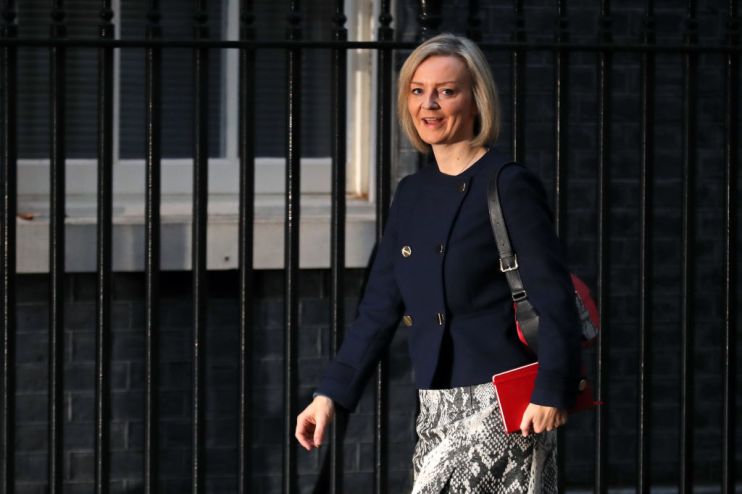Freeports: Government plans tax-free hubs aimed at boosting trade post-Brexit

Plans to bolster Britain’s international trade post-Brexit by creating up to 10 major tax-free zones are being drawn up by the government.
New international trade secretary Liz Truss has set up a panel to advise the government on the establishment of as many as 10 Singapore-style so-called ‘Freeports’.
Read more: Stock markets edge up after US and China call trade talks constructive
Billed as hubs for business and enterprise for both manufacturing and services trade, Freeports are tax-free zones aimed at offsetting post-Brexit tariffs.
Such ports, which the government claims would be “free of unnecessary checks and paperwork”, would allow goods to be landed in the UK while avoiding duties.
The move comes as part of an effort to tap into increased trade with the USA and fast-growing Asian markets as Britain prepares to leave the European Union by 31 October.
Truss said: “Freedoms transformed London’s Docklands in the 1980s, and Freeports will do the same for towns and cities across the UK. They will onshore enterprise and manufacturing as the gateway to our future prosperity, creating thousands of jobs.”
She added: “We will have a truly independent trade policy after we leave the EU on October 31. I look forward to working with the Freeports Advisory Panel to create the world’s most advanced Freeport model and launch the new ports as soon as possible.”
Read more: Bank of England leaves interest rate untouched
Critics have argued that Freeports raise the opportunity for money-laundering, as goods are typically not subject to usual standard checks.
In response to this evening’s news, Harry Theochari, chair of Maritime UK, said: “Free ports have proved successful in stimulating investment and jobs in a range of locations around the world, and there is no reason they couldn’t help contribute towards growth here in the UK.”